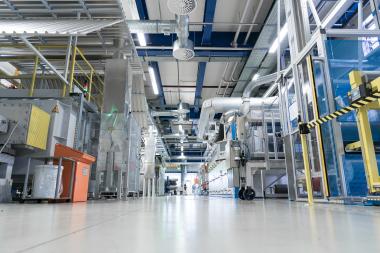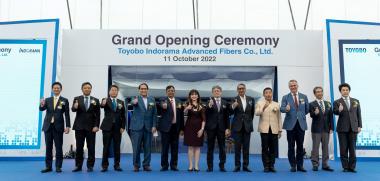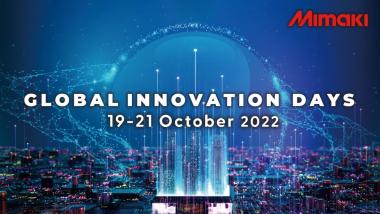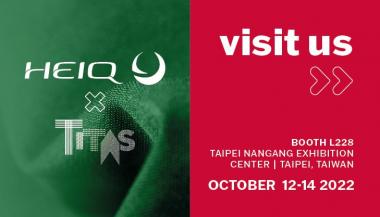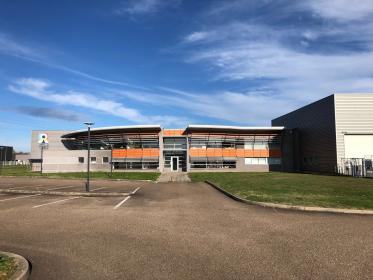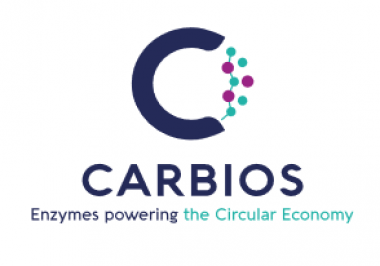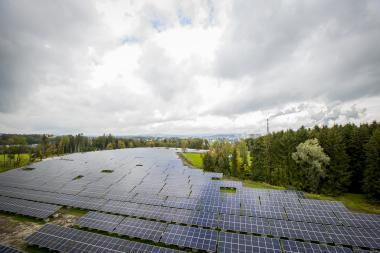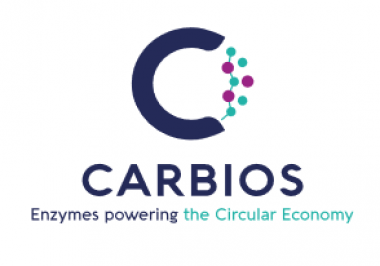Freudenberg supplies gas diffusion layers for fuel cell stacks
Freudenberg Performance Materials (Freudenberg) has concluded a high-volume, multi-year contract with a global automotive tier one supplier to supply high-performance gas diffusion layers for the stacks forming the core of the fuel cell systems produced by the leading automotive supplier. Global target applications are mid-sized and heavy commercial vehicles as well as buses. Freudenberg is supporting the customer’s global fuel cell activities, thereby also accelerating the breakthrough of mass-produced fuel cell stacks.
Fuel cell technology is an important element of a successful energy transition. Gas diffusion layers play a key role in this context: they are indispensable for the functioning of a fuel cell and have a significant impact on the performance of a fuel cell stack.
A fuel cell converts the chemical energy of hydrogen and atmospheric oxygen into electricity. Functionally-optimized gas diffusion layers made of carbon-fiber based nonwoven are installed on both sides of a catalyst-coated membrane positioned in the middle of the fuel cell. The gas diffusion layers distribute hydrogen and oxygen evenly to the membrane and remove the electricity, heat and water generated by the CO2-free chemical reaction. They also protect the sensitive membrane and are optimized to suit the bipolar plate. A fuel cell stack is made up of several individual fuel cells.
Freudenberg already has more than 20 years of unique expertise in the development and production of gas diffusion layers for fuel cell applications in the mobility sector and for porous transport layers used in electrolyzers. Freudenberg is currently expanding its production capacity at its Weinheim headquarters by installing additional lines. Further investments are on the verge of implementation.
Freudenberg


